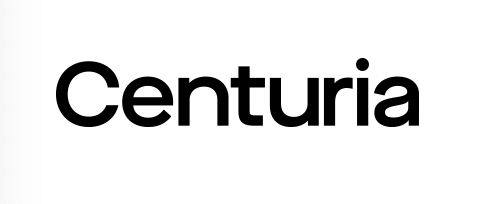SUMMARY
The Fund fell by 4.4% over the month slightly underperforming the S&P/ASX 300 AREIT Index. AREITs suffered over the month due to the Australian 10 year bond rates rising 16 basis points providing a headwind for the yield-sensitive real estate sector. With the RBA’s decision to hold rates steady over the month and maintain its accommodative stance, we expect this to provide support for the sector over the medium to long-term. The Fund’s exposure to real estate fund managers such as Charter Hall Group (CHC) and Centuria Group (CNI) had a negative impact, whilst our residential exposure in Cedar Woods (CWP) and Ingenia Group (INA) contributed to performance.



















